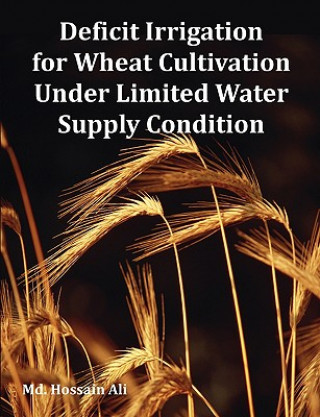
Kód: 08765794
Deficit Irrigation for Wheat Cultivation Under Limited Water Supply Condition
Autor MD Hossain Ali
Vertical and horizontal expansion of irrigated agriculture to feed the increasing population has contributed to excessive groundwater withdrawal and affected the availability of water in terms of both quality and quantity. To sust ... celý popis
- Jazyk:
 Angličtina
Angličtina - Vazba: Brožovaná
- Počet stran: 200
Nakladatelství: Dissertation.com, 2008
- Více informací o knize

Mohlo by se vám také líbit
Dárkový poukaz: Radost zaručena
- Darujte poukaz v libovolné hodnotě a my se postaráme o zbytek.
- Poukaz se vztahuje na celou naši nabídku.
- Elektronický poukaz vytisknete z e-mailu a můžete ihned darovat.
- Platnost poukazu je 12 měsíců od data vystavení.
Více informací o knize Deficit Irrigation for Wheat Cultivation Under Limited Water Supply Condition
Nákupem získáte 84 bodů
 Anotace knihy
Anotace knihy
Vertical and horizontal expansion of irrigated agriculture to feed the increasing population has contributed to excessive groundwater withdrawal and affected the availability of water in terms of both quality and quantity. To sustain agricultural growth, strategic measures should be adopted to reduce water consumption while minimizing adverse effect on yield. The effect of deficit irrigation on wheat yield was studied in three consecutive years (2002-03 to 2004-05) in field and pot. Ten irrigation treatments were imposed in a randomized complete block (RCB) design covering full deficit, no deficit at all, single deficit at different stages, and alternate deficits. Water deficit was created by withholding irrigation at different growth stages. The results indicate that deficit irrigation strategies affected all aspects of plant growth (leaf area index, chlorophyll content, root growth, nutrient uptake, plant height) adversely. Yield attributes were affected by deficit irrigation treatments although they are not statistically significant in all cases. Differences in grain and straw yield among the partial- and no-deficit treatments were small, and statistically insignificant in most cases. When compared within single-deficit treatments, the grain yield reduction was in the order to water deficit at phases: CRI> maximum tillering > booting - heading >flowering- soft dough. The crop coefficient (kc) under different ET0 methods for early, crop development, middle, and late period ranged from 0.54 to 0.96, 0.95 to 1.36, 1.2 to 1.62, and 0.68 to 1.05, respectively. On average, yield response factor (ky) for early, maximum tillering, booting-heading, and flowering-soft dough stages was 0.27, 0.21, 0.25, and 0.17, respectively. The sensitivity index (?i, of Jensen model) for early, vegetative, booting-heading, and flowering-soft dough phases was 0.35, 0.22, 0.31, and 0.14, respectively. From the evaluation of yield, irrigation amount, irrigation water productivity, relative water savings, relative yield reduction, and maximum profit under limited water resource condition, it can be concluded that when limited quantities of water is available, preference should be given to irrigate first at CRI (if one irrigation is available), then at CRI and booting-heading (if two irrigations are available), and next at CRI, maximum tillering and booting-heading (if three irrigations are available) stages of growth.
 Parametry knihy
Parametry knihy
Zařazení knihy Knihy v angličtině Technology, engineering, agriculture Agriculture & farming Agricultural engineering & machinery
840 Kč
- Plný název: Deficit Irrigation for Wheat Cultivation Under Limited Water Supply Condition
- Autor: MD Hossain Ali
- Jazyk:
 Angličtina
Angličtina - Vazba: Brožovaná
- Počet stran: 200
- EAN: 9781599426860
- ISBN: 9781599426860
- ID: 08765794
- Nakladatelství: Dissertation.com
- Hmotnost: 367 g
- Rozměry: 246 × 189 × 11 mm
- Datum vydání: 30. November 2008
Oblíbené z jiného soudku
-

Massey Ferguson 35 Tractor - Workshop Service Manual
410 Kč -

Farm Machinery
542 Kč -

Fordson Dexta 957E's 1957-64
267 Kč -
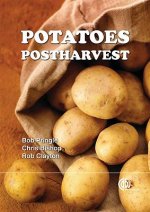
Potatoes Postharvest
3794 Kč -

Tractor Book
677 Kč -

World-wide Guide to Massey Ferguson 100 and 1000 Tractors 1964-1988
914 Kč -

Agricultural Water Management
4031 Kč -

Greywater, Green Landscape
452 Kč -
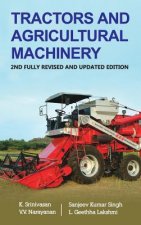
Tractors and Agricultural Machinery
2795 Kč -

Farm Tractors
1665 Kč -

Complete Book of Farmall Tractors
1064 Kč -

John Deere Story
651 Kč -
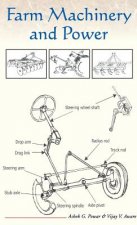
Farm Machinery and Power
2599 Kč -

Introduction to Agricultural Engineering Technology
3376 Kč -

Combine Harvesters
2845 Kč -

Ransomes Sims & Jefferies
612 Kč -
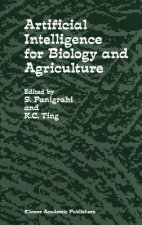
Artificial Intelligence for Biology and Agriculture
5060 Kč -
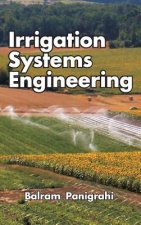
Irrigation Systems Engineering
2537 Kč -

Harry Ferguson
462 Kč -

Threshing Machines
854 Kč -

Traktoren 2025 - Broschürenkalender 30x30 cm (30x60 geöffnet) - Kalender mit Platz für Notizen - Tractors - Bildkalender - Wandplaner - Wandkalender
190 Kč -
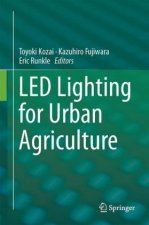
LED Lighting for Urban Agriculture
6422 Kč -
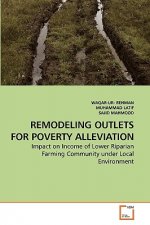
Remodeling Outlets for Poverty Alleviation
1475 Kč -
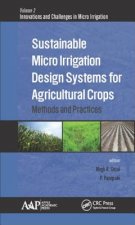
Sustainable Micro Irrigation Design Systems for Agricultural Crops
5180 Kč -
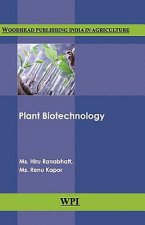
Plant Biotechnology
7519 Kč -
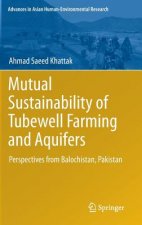
Mutual Sustainability of Tubewell Farming and Aquifers
3289 Kč -
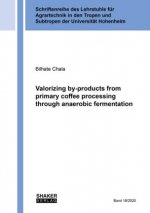
Valorizing by-products from primary coffee processing through anaerobic fermentation
752 Kč -

Ford Tractor Story: Part 1: Dearborn to Dagenham 1917-64
839 Kč -

Small Farmers and the Protection of the Watersheds
885 Kč -

Tales of the Dolly Llama
445 Kč -
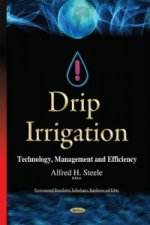
Drip Irrigation
7110 Kč -

Gene Hunters
1641 Kč -
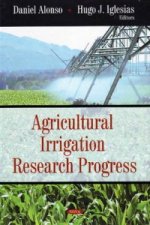
Agricultural Irrigation Research Progress
6100 Kč -

Handbook of Drainage Systems
3010 Kč -

Pillar of Sand
593 Kč -
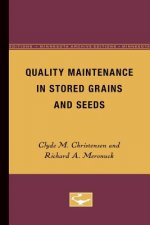
Quality Maintenance in Stored Grains and Seeds
1320 Kč -
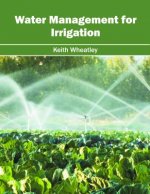
Water Management for Irrigation
3755 Kč -
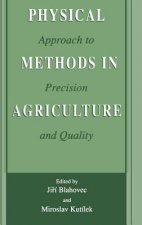
Physical Methods in Agriculture
5060 Kč -
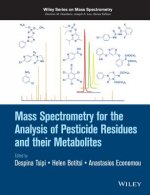
Mass Spectrometry for the Analysis of Pesticide Residues and their Metabolites
3840 Kč -
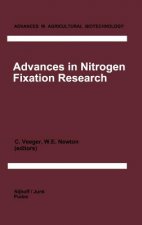
Advances in Nitrogen Fixation Research
1665 Kč -

Yield Response to Water
931 Kč -
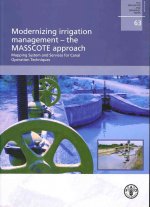
Modernizing irrigation management
2311 Kč -

Capacity Development in Irrigation and Drainage,Issues,Challenges and the Way Ahead
1640 Kč -

Irrigated Eden
966 Kč -
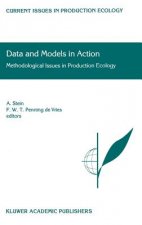
Data and Models in Action
5060 Kč -
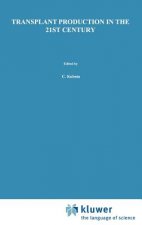
Transplant Production in the 21st Century
6536 Kč -
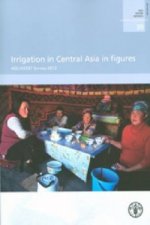
Irrigation in Central Asia in Figures
1849 Kč -

Perspectives on Polavaram
1474 Kč -
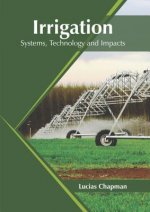
Irrigation: Systems, Technology and Impacts
3407 Kč
Osobní odběr Praha, Brno a 12903 dalších
Copyright ©2008-24 nejlevnejsi-knihy.cz Všechna práva vyhrazenaSoukromíCookies





 Vrácení do měsíce
Vrácení do měsíce 571 999 099 (8-15.30h)
571 999 099 (8-15.30h)